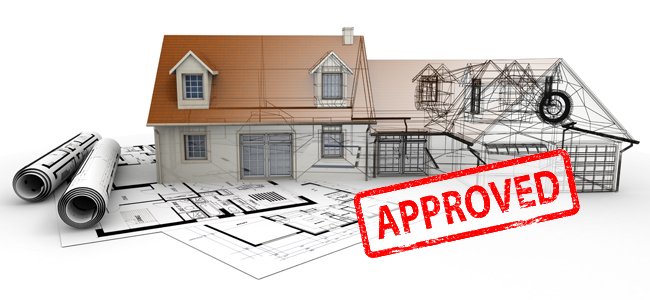The Role of Local Governments in Granting Building Permits
Introduction
Building permits are a crucial aspect of urban development, ensuring that construction projects comply with safety standards, zoning laws, and environmental regulations. At the heart of this process lies Local Body Approval, which is granted by municipal authorities, town councils, or other local governing bodies. These approvals are essential to maintaining orderly urban growth, safeguarding the interests of the community, and promoting sustainable development.
Understanding Local Body Approval
Local Body Approval refers to the official authorization provided by local government agencies to commence construction or renovation activities. It involves a structured process that assesses whether a proposed building adheres to legal, structural, and environmental guidelines. Without this approval, any construction activity is deemed illegal and subject to penalties or demolition orders.
Why Local Governments Play a Vital Role
Local governments serve as the primary regulatory bodies overseeing construction activities within their jurisdiction. Their involvement is necessary for multiple reasons:
Ensuring Compliance with Zoning Laws
Zoning regulations define the type of structures that can be built in specific areas. Local governments ensure that proposed buildings conform to zoning laws, preventing commercial developments in residential zones or industrial structures in environmentally sensitive areas.Enforcing Safety Standards
The safety of occupants and the general public is a top priority. Local authorities examine architectural and engineering plans to ensure structural integrity, fire safety measures, and compliance with building codes.Environmental Considerations
To prevent environmental degradation, local bodies assess the ecological impact of proposed constructions. Factors such as waste management, water conservation, and green building practices are evaluated before granting Local Body Approval.Urban Planning and Infrastructure Development
Local governments manage urban expansion by regulating construction activities. Permits ensure that infrastructure, such as roads, sewage systems, and electricity grids, can accommodate new developments without overwhelming existing resources.Preventing Unauthorized Construction
Illegal structures can pose safety hazards and disrupt planned urban development. By mandating approval processes, local authorities curb unauthorized construction and maintain organized cityscapes.
The Process of Obtaining Local Body Approval
The approval process involves multiple steps and varies by region. However, the general stages include:
1. Submission of Application
Applicants must submit a formal request to the local governing body, along with necessary documents such as:
Architectural and structural plans
Land ownership documents
Environmental impact assessments (if required)
Approval from other relevant authorities (fire department, water board, etc.)
2. Review and Inspection
The local authority evaluates the submitted plans to ensure compliance with building codes and zoning regulations. Site inspections may be conducted to verify ground conditions and assess environmental impact.
3. Public Notification and Objection Handling
In some cases, local governments notify the public about upcoming construction projects. Residents and stakeholders can raise objections, which are then reviewed by the authorities.
4. Approval and Issuance of Permit
Once all conditions are met, the local government grants Local Body Approval, allowing construction to commence. This permit outlines the scope of the project, safety measures, and any special conditions.
5. Regular Monitoring and Compliance Checks
Authorities conduct periodic inspections to ensure adherence to the approved plan. Any deviations may result in fines, work stoppages, or even demolition orders.
Challenges in the Approval Process
While Local Body Approval is essential, certain challenges often arise:
Bureaucratic Delays: Lengthy approval processes can slow down construction projects, leading to increased costs.
Corruption and Red Tape: Some regions face corruption issues, where approvals are granted based on favoritism rather than merit.
Complex Regulations: Builders and developers often struggle with understanding intricate zoning laws and compliance requirements.
Public Opposition: Large-scale projects sometimes face resistance from local communities due to environmental or social concerns.
Conclusion
The role of local governments in granting building permits is indispensable for sustainable urban development. Local Body Approval ensures that constructions align with safety norms, zoning regulations, and environmental standards. While challenges exist, streamlining approval processes and increasing transparency can improve efficiency and encourage responsible urban growth. Developers, architects, and local authorities must collaborate to create a built environment that is safe, organized, and future-ready.

